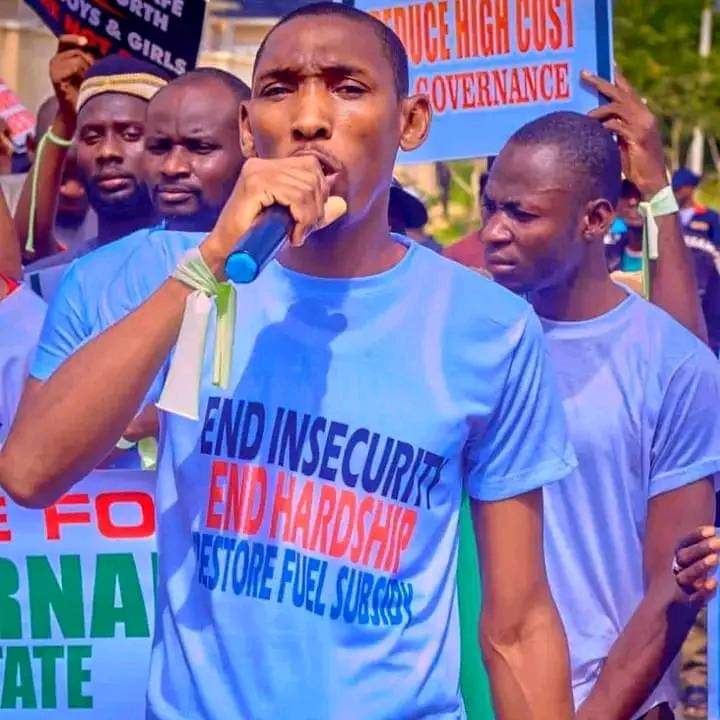Katsina Cracks Down on Free Speech: Youth Leaders Jailed for Organizing Protest

Katsina Court Orders Imprisonment of Youth Leaders Following Hunger Protest
Maryam Jamilu Gambo, Katsina Times
In a controversial move, a Katsina State court has ordered the detention of Kabir Shehu 'Yandaki and six other youths in connection with their leadership roles in organizing a hunger protest within the state. The protest, which was intended to draw attention to the worsening food crisis in the region, has now taken a dark turn as the organizers find themselves behind bars.
The magistrate court, situated in Katsina, handed down the ruling against the secretary of the Katsina State Civil Society Coalition, Comrade Kabir Shehu Yandaki, and the head of the "Struggle For Good Governance" group, Comrade Habibu Ruma. Both individuals, who are well-known for their activism and advocacy for better governance, were accused of inciting public unrest through the protest.
The court's decision to imprison the youth leaders has sparked outrage among their supporters and raised serious concerns about the freedom of expression in the state. The youths were officially remanded in custody on Friday, August 9, 2024, pending further legal proceedings.
During the initial court session, presided over by Judge Malam Aminu, the hearing was adjourned, with the judge instructing law enforcement to ensure the accused were present at the next court date on September 11, 2024. This delay has only intensified the anxiety surrounding the case, as many fear that the prolonged detention could be an attempt to stifle dissent.
According to a source close to the matter, Comrade Kabir Shehu Yandaki and Comrade Habibu Ruma had meticulously followed all legal protocols in organizing the protest. They reportedly submitted formal notifications to security agencies well in advance and ensured that the demonstration was conducted peacefully, without any incidents of violence or disorder.
Despite these precautions, the court's ruling has been perceived by some as a punitive measure designed to deter future protests and silence voices of opposition. The defense lawyer representing the accused youth leaders expressed deep frustration with the outcome, describing it as an unexpected development that has left many within the activist community disheartened.
Efforts to secure bail for the detained activists have so far proven futile. The defense team had followed all legal procedures, hoping to secure their clients' release, but the court denied their bail application. This refusal has further fueled speculation that the authorities may be seeking to make an example of these individuals, discouraging others from taking similar actions in the future.
The incident has sparked a broader debate about the state of civil liberties in Katsina, with many questioning whether the right to peaceful protest is being eroded under the guise of maintaining public order. As the situation unfolds, all eyes will be on the upcoming court session in September, where the fate of the youth leaders—and potentially the future of activism in the region—will be determined.

